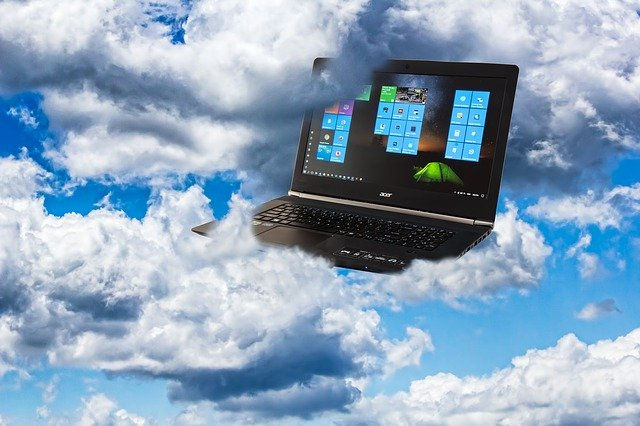What The Heck Does “In The Cloud” Even Mean?
- David Panitch
- Mar 10, 2021
- 2 min read

As technology moves at the speed of light, businesses are barraged with tech terms and buzzwords. “In The Cloud” may be the most ubiquitous one, and you’d be hard pressed to go a full day without hearing a reference to it.
What is the cloud, and why are businesses so tethered to it?
The cloud refers to software and services that exist and run on a centralized location on the Internet. Rather than being stored locally on a computer, cloud services are typically accessed through web browsers.
Below, we examine the advantages, concerns, and distinctions of cloud computing.
Advantages
Easy Access - Accessing data in the cloud is easy, requiring the basics of an Internet connection, browser (Firefox, Google Chrome, Safari, etc.), and applications like Google Workspace and Office 365. You can also access the cloud on multiple devices, which is convenient for remote employees, more important than ever during the pandemic.
Cost-Effective - Data takes up space, and though today’s computers are equipped with more storage, it fills up quickly, requiring continuous investment in hardware. Cloud storing files save space on computers, allowing them to run faster and more efficiently.
Security - If data is only stored on a computer, you risk losing it if you experience a crash or virus. The cloud provides reliable backup. For the most part, cloud information is encrypted, and most systems encode user data as added layers of protection.
Concerns
How Safe is the Data? The price of security is insecurity, and as we’ve seen with cyber attacks, the walls of protection surrounding data aren’t impenetrable, and cloud storage can be compromised. Anyone with access internally can steal data, and cyber criminals are constantly inventing new ways to break in, including using cloud services as weapons against each other. Fortunately, there are many ways to fortify cloud storage security, such as requiring stronger passwords, adding encryption, using multi-factor authentication, and applying rigid access controls.
Cloud Vs. SaaS
Another popular term is SaaS or Software as a service, which is a method of providing applications over the Internet rather than installing and maintaining software on a computer or other device. One of the most common SaaS services is Google Apps, which allows users to run applications online on a subscription basis.
What then is the difference between SaaS and cloud-based?
SaaS is a component of cloud computing and is therefore hosted in the cloud. In other words, with few exceptions, SaaS is a resident of the cloud and can only exist in that realm.
It’s important to note that cloud-based computing is ever-evolving, and services and applications usually update along the way. Due diligence of these services is key, especially with regard to security. If you select the right software, the sky’s the limit.
Results Technology Group provides technology solutions to our clients with best-in-class software selection, project management, and business technology leadership services. Schedule a free 30-minute technology discussion.




Comments